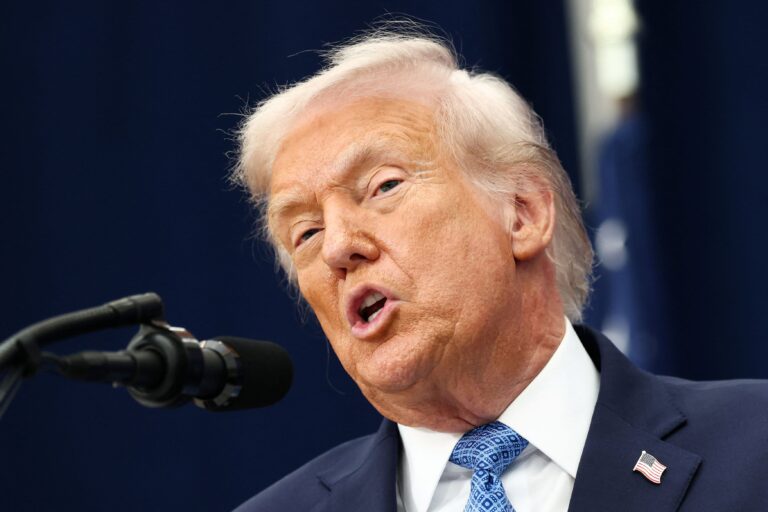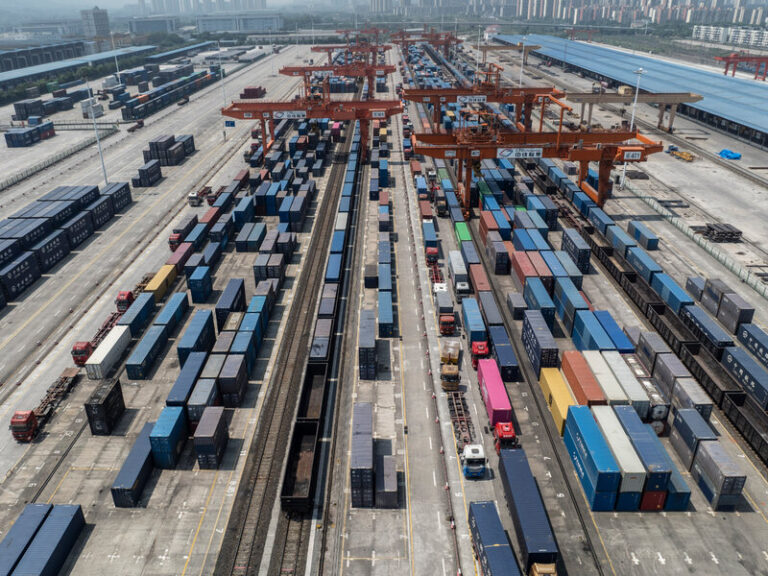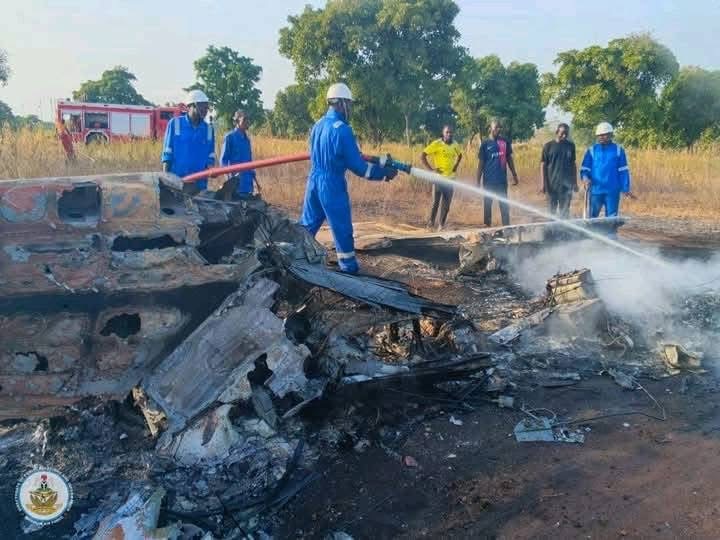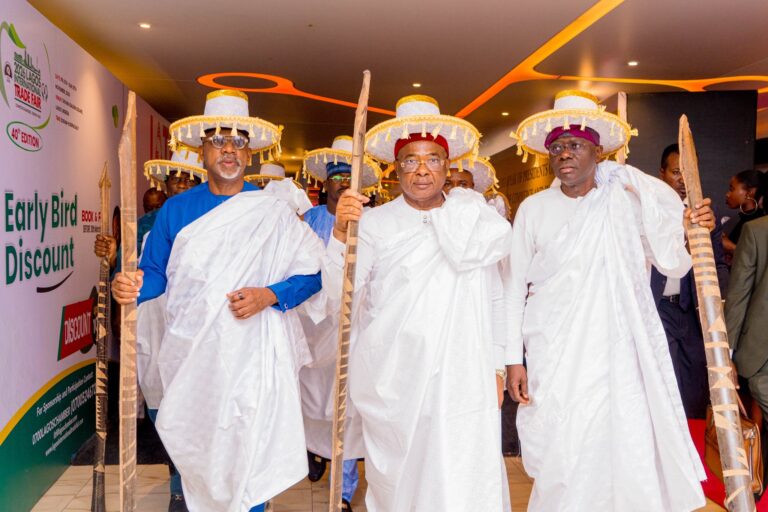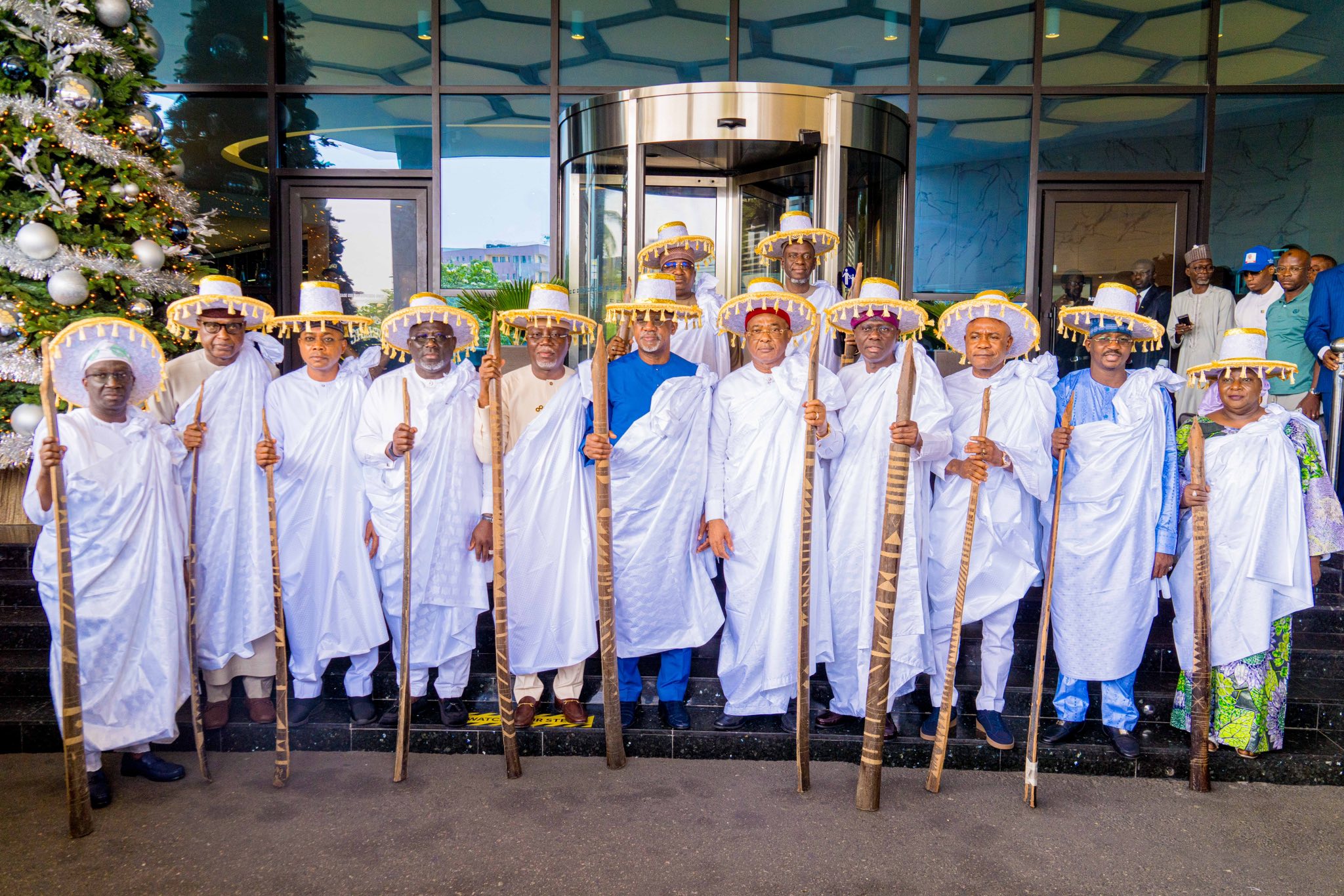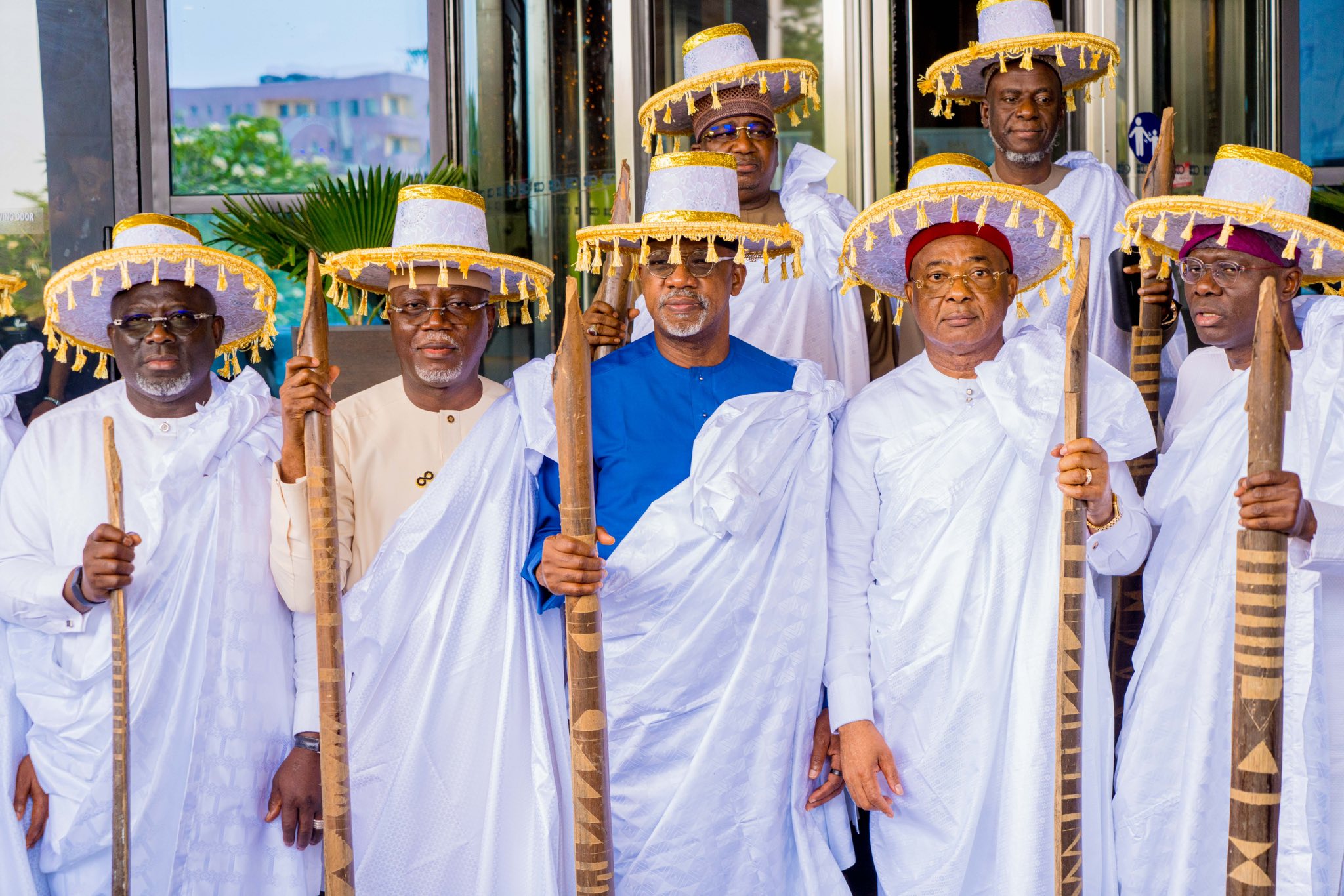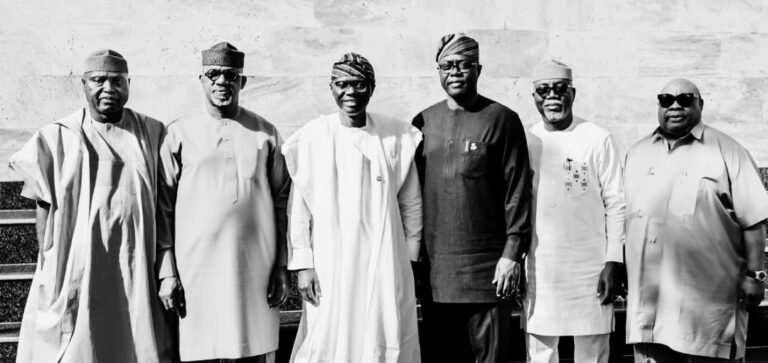Washington, D.C. – The proposed acquisition of Warner Bros.1 Discovery (WBD) assets by Netflix, valued at an estimated $72 billion, has run directly into a political and regulatory roadblock, with US President Donald Trump raising potential antitrust concerns over the deal.2
Speaking at an event on Sunday, December 7, 2025, President Trump stated that the sheer market share of the combined media entity “could be a problem” and indicated that the White House would be personally involved in the ultimate regulatory decision.3
Market Dominance Becomes a Political Issue
The President’s comments add significant political scrutiny to a transaction that already faces rigorous review from the Department of Justice’s (DOJ) Antitrust Division.4
-
Market Share Concern: President Trump pointed specifically to Netflix’s already dominant position in the streaming market.5 “Netflix has a very big market share, and when they have Warner Brothers, you know, that share goes up a lot,” he said.6
-
Direct Involvement: He went further by asserting, “I’ll be involved in that decision,” signaling a high level of executive interest in the merger’s fate.7
The proposed deal would merge the world’s leading streaming service, Netflix, with WBD’s studio and streaming operations, including the HBO Max platform and global franchises like Harry Potter, Game of Thrones, and DC Comics.8 This union would put two of the top four streaming services under single ownership, potentially giving the merged company control of over 30% of the US streaming market, a level that historically triggers severe antitrust warnings.9
Pre-emptive Lobbying and Industry Pushback
The President’s remarks come despite a recent lobbying push by Netflix. It was confirmed that Netflix Co-CEO Ted Sarandos met with President Trump at the White House recently to argue the company’s case.10
-
Netflix’s Argument: Netflix is expected to argue that the market definition should be broadened to include platforms like YouTube and TikTok, which would statistically dilute their perceived market dominance.11
-
Writers Guild Opposition: The Writers Guild of America has already called for the deal to be blocked, warning that such massive consolidation could lead to job losses, lower wages, and a reduction in content diversity for consumers.12
-
Rival Bidders: The deal also sidelines rival bidder Paramount Skydance Corporation, whose leadership has close ties to the Trump administration, adding a layer of political intrigue to the regulatory review.13
The President’s direct warning intensifies the challenges for Netflix and WBD, suggesting that the path to approval for the multi-billion-dollar merger will be a protracted and highly scrutinized process.14
Would you like to know more about the legal precedents for blocking major media mergers in the US, or the break-up fee that WBD would face if they terminated the Netflix deal for a rival offer?




